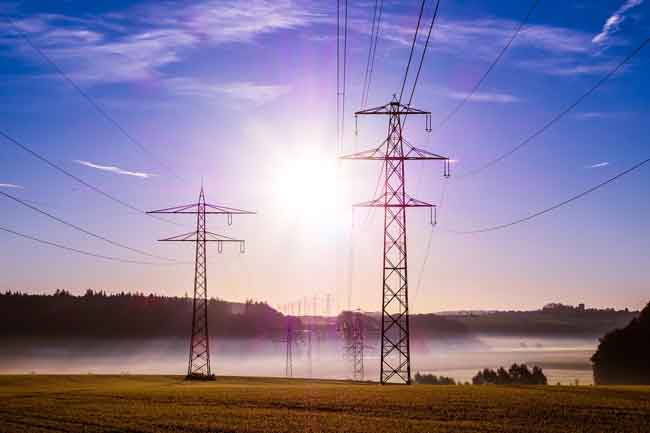Not putting clocks back will save energy
By The Independent
Protective Relay Training - Basic
Our customized live online or in‑person group training can be delivered to your staff at your location.

- Live Online
- 12 hours Instructor-led
- Group Training Available
According to researchers from the University of Cambridge, providing an extra hour of light in the peak evening period reduces electricity use.
If the clocks were not changed back to GMT in October, a least half a million tonnes of carbon emissions could be saved, they said.
Alan Smart, energy operations manager of National Grid, told the Energy and Climate Change select committee that comparing a weekday evening just before and just after the clocks went back showed lower peak electricity demand while the evenings were lighter.
In the autumn and spring, keeping British Summer Time BST could reduce peak electricity demand by the equivalent of the hourly output 1 gigawatt hour of a large power station that would be providing power to around 100,000 homes, he suggested.
Overall, National Grid estimates there would be a small reduction in electricity use over the year if the clocks did not go back, but there would be no impact on domestic gas use.
The University of Cambridge researchers have shown that additional light in the evening can cut energy demand, with higher electricity consumption seen in the autumn and spring during GMT than BST.
And Dr Elizabeth Garnsey said a previous trial in the 1960s showed lighter evenings also reduced the number of road deaths by 100, and that tourism bosses were keen on providing an extra hour of light in the afternoon for tourists.
She said she could not see how such a move could fail to cut greenhouse gas emissions.
"If we reduce energy demand, we reduce emissions and we're more likely to achieve our targets," she said.
Sports venues could benefit by turning on floodlights later, it would bring the economy into line with its major European trading partners, and currently people who suffered from seasonal affected disorder SAD were particularly hit just after the clocks went back.
And in the summer, she said: "It gets light long before people are up and about, but gets dark while people are still using electricity in the evening."
As a result, she urged a trial over three to five years in which the clocks were not put back in autumn when the trial began but were then put forward in spring so that the country was operating on GMT+1 in winter and GMT+2 in the summer.
The hearing by the Energy and Climate Change committee into the potential benefits of extending British Summer Time into the winter came as a poll of 2,016 adults revealed more than half 58 were against turning the clocks back.
The early dark evenings made people depressed, worried they were at greater risk of accidents and more likely to stay at home, the survey for Santander General Insurance found.
And research by GyroHSR suggested UK firms were to lose 18 billion pounds in productivity over the next six months, or 165 million pounds a day through reduced productivity, as workers struggle with the dark afternoons.











